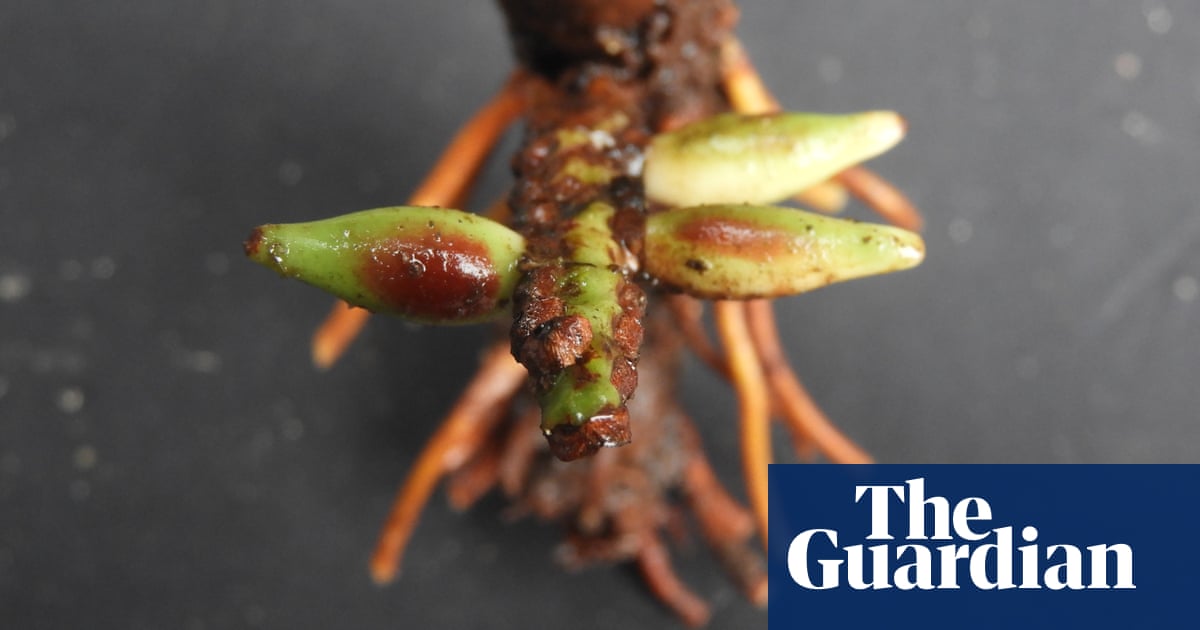“Pinanga subterranea is the only known species of palm to flower and fruit below ground,” said Dr Benedikt Kuhnhäuser, a future leader fellow at Royal Botanic Gardens, Kew, who was part of the research team that collected specimens and ascertained that it was a new species. “Flowering and fruiting below ground is mind-boggling and seemingly paradoxical because they appear to prevent pollination and dispersal. We now know bearded pigs eat and disperse Pinanga subterranea’s fruits, but we’ve yet to find out how and by whom the flowers are pollinated.”
This is so interesting. They’ve been around for ages, but scientists have only learned of them now… The best way to document every single organism is to encourage citizen scientists. iNaturalist is a useful app/website for this purpose.
The palm was already known to local people but it had remained unnoticed by scientists, who believe the case highlights the need to collaborate more closely with Indigenous communities. “Local people in a remote village in central Kalimantan eat the fruits as a snack when doing activities in the forest,” said Randi. “It has a sweet taste, with quite thick flesh and a soft and juicy texture. We still don’t know about other uses of the plant, and there are many things that are still a mystery – for example, the process of pollination and who the pollinator is, and what causes this plant to produce flowers and fruit underground.”
@weecious @cendawanita Agree about iNaturalist. Personal experience: I recently took shots of an unidentified bee in Singapore. After uploading on iNat, it was identified as a seldom seen bee.
A local bee researcher then used my observation to locate more of the bees and he is now preparing a short paper describing them and their behaviour.
Congratulations on the find! I personally am very excited when I come across new species I have not encountered before.
I really should download iNaturalist again.
Encourage citizen scientists… And also talk to locals and encourage knowledge-sharing. Much of the field is changing positively in this regard but no doubt old-school attitude esp in the harder sciences was very dismissive and patronizing of local experience. So yeah, this is encouraging.
Iirc there’s also a genus of orchids that does everything underground: growing, flowering, fruiting.





